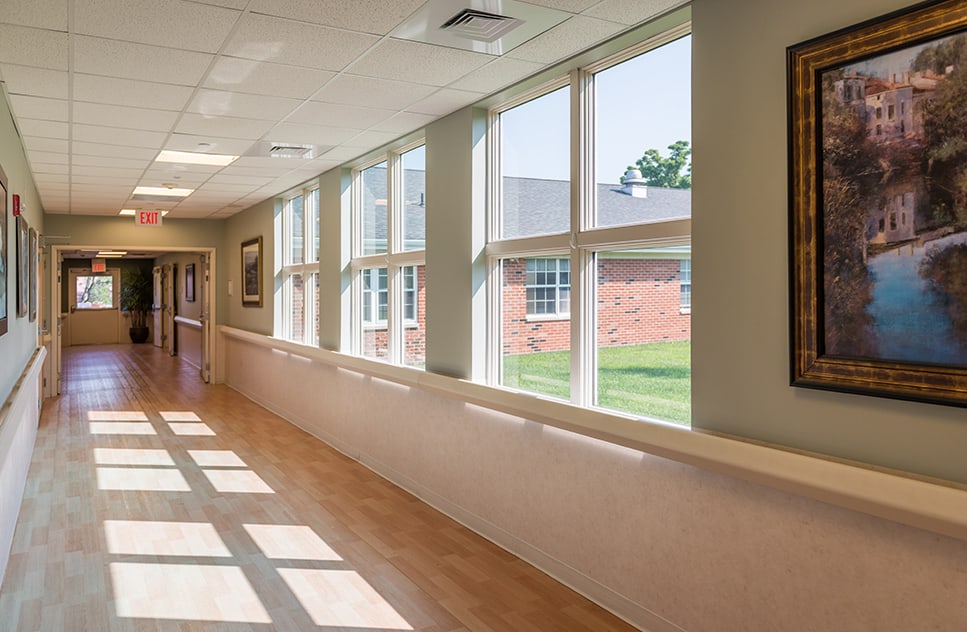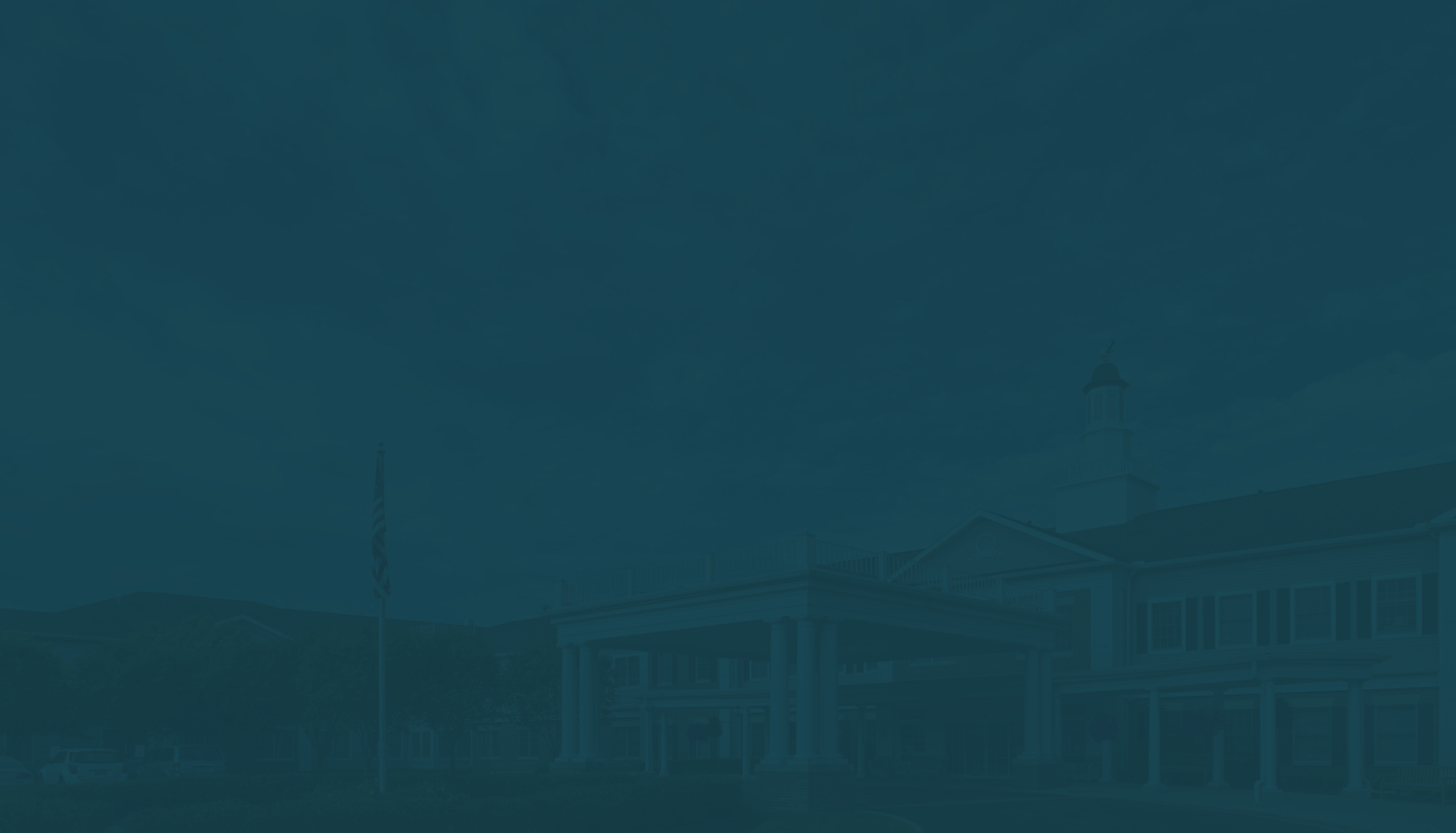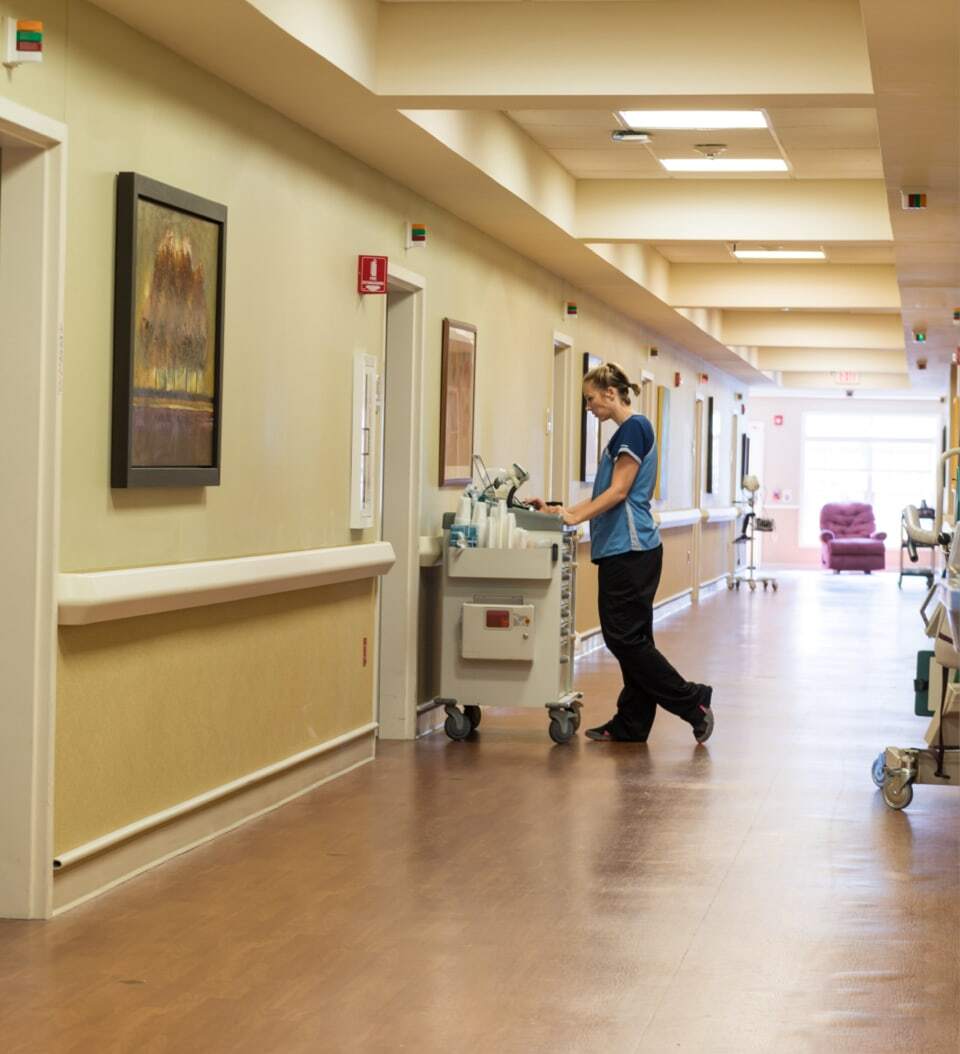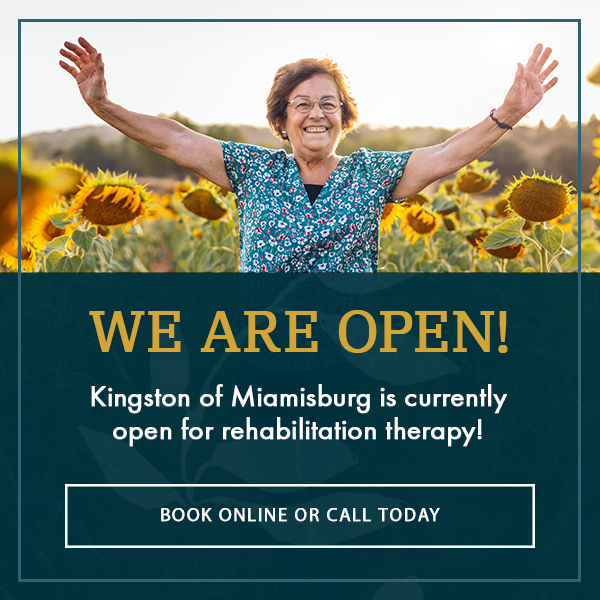Key Takeaways
- Skilled nursing and nursing homes refer to the same type of medical care, but skilled nursing is the preferred modern term
- This level of care provides 24/7 medical support, rehabilitation services, and specialized health management
- Medicare typically covers skilled nursing services when medically necessary after a qualifying hospital stay
- Understanding the different levels of senior care helps you make informed decisions for your loved one’s health needs
Clarifying Skilled Nursing vs. Nursing Homes
When you’re exploring care options for your loved one, the terms “skilled nursing” and “nursing home” can seem confusing. You might wonder if they’re completely different types of care or if there’s overlap between the two. Understanding comprehensive senior care options helps families navigate this important decision with confidence.
Skilled nursing and nursing homes are essentially the same thing—both terms describe communities that provide 24/7 medical care and rehabilitation services for people who need ongoing health support.
The difference lies mainly in how we talk about these communities today, with “skilled nursing” being the more current and preferred term in the healthcare industry. At Kingston of Miamisburg, we focus on delivering personalized care that supports each resident’s unique health journey.
Understanding the Terminology: Skilled Nursing and Senior Care
What Skilled Nursing Really Means
Skilled nursing refers to medical care that requires the expertise of licensed healthcare professionals. This type of care goes beyond what you might receive in other senior living options like assisted living or independent living.
Your loved one receives round-the-clock medical supervision from registered nurses and other healthcare professionals. These communities provide complex medical treatments, medication management, and specialized therapies that require professional oversight.
How Names Can Be Confusing
The healthcare industry has evolved its language over the years to focus on the positive aspects of care rather than outdated terms. “Skilled nursing” emphasizes the professional medical services and specialized care your loved one receives.
Many communities now use terms like “healthcare center” or “rehabilitation center” alongside skilled nursing to describe their comprehensive services. This shift helps families understand that these communities offer much more than just basic housing—they provide complete healthcare solutions.
Types of Care in Senior Living Communities
Independent Living Options
Independent Living serves active adults who want to maintain their autonomy while enjoying community amenities. Residents typically live in their own apartments or homes within the community.
These communities focus on social activities, convenient services, and maintenance-free living. Your loved one can come and go as they please while having access to dining options, fitness programs, and social events.
Assisted Living Support
Assisted Living bridges the gap between independent living and more intensive care levels. Residents receive help with Activities of Daily Living, like bathing, dressing, and medication reminders.
This level of care maintains your loved one’s independence while providing the support they need to stay safe and comfortable. Communities offer personalized care plans that can adapt as needs change over time.
Memory Care Services
Memory Care provides specialized support for individuals living with Alzheimer’s disease, dementia, and related conditions. These secure communities are specifically designed with the unique needs of memory care residents in mind.
Trained associates use specialized approaches to help residents maintain their abilities and enjoy meaningful daily experiences. The environment focuses on reducing confusion while promoting engagement and connection.
Skilled Nursing Care
Skilled Nursing offers the highest level of medical care in senior living communities. Your loved one receives 24/7 nursing supervision along with access to physicians, therapists, and other healthcare professionals.
This level of care serves people recovering from hospital stays, managing complex medical conditions, or needing ongoing rehabilitation services. The focus is on both health management and helping residents maintain their quality of life.

Services You’ll Find in Skilled Nursing Care
Medical Care and Rehabilitation
Skilled nursing communities provide comprehensive medical services, including wound care, IV therapy, and chronic disease management. Licensed nurses monitor your loved one’s health around the clock and coordinate with physicians for ongoing care.
Rehabilitation services help residents recover from surgeries, strokes, or other health events. The goal is to help your loved one regain as much independence as possible while managing their health conditions effectively.
Physical Therapy and Recovery Support
Physical therapists work with residents to improve mobility, strength, and balance. These services can help your loved one recover from injuries or surgeries while preventing future falls and maintaining their physical abilities.
Occupational therapy focuses on helping residents perform daily activities more easily and safely. Speech therapy addresses communication challenges and swallowing difficulties that can arise from various health conditions.
Daily Living Assistance
Associates provide comprehensive support with personal care activities including bathing, dressing, and grooming. This assistance helps your loved one maintain their dignity while receiving the care they need.
Medication management is a key service, with nurses administering medications and monitoring for side effects or interactions. Nutritional support includes specialized diets and assistance with eating when needed.
How to Qualify for Skilled Nursing Services
Medical Requirements
Your loved one typically qualifies for skilled nursing when they need medical services that require professional oversight. This might include complex medication management, wound care, or recovery from a recent hospitalization.
Chronic conditions that require ongoing medical monitoring, such as diabetes complications or heart conditions, may also qualify someone for skilled nursing care. The key is that the care needed goes beyond what family members or basic caregivers can safely provide at home.
Assessment Process
Healthcare professionals conduct a thorough assessment to determine your loved one’s care needs. This evaluation looks at medical conditions, functional abilities, and safety concerns.
The assessment team reviews medical history, current medications, and any recent hospitalizations or health changes. This information helps create a personalized care plan that addresses your loved one’s specific needs and goals.
Doctor Recommendations
Physicians play a key role in determining if skilled nursing care is appropriate for your loved one. They evaluate medical needs and can provide the necessary documentation for insurance coverage.
Your loved one’s doctor will consider their current health status, recent medical events, and ability to safely receive care in other settings. This medical oversight helps ensure that skilled nursing is the right level of care for their situation.
Finding the Right Care for Your Loved One
At Kingston of Miamisburg, we understand that choosing skilled nursing care is a significant decision for your family. Our compassionate team provides 24/7 care with a focus on supporting your loved one’s health, comfort, and quality of life throughout their recovery journey.
Contact our team today to schedule a tour and learn more about how we can support your family during this important time!







